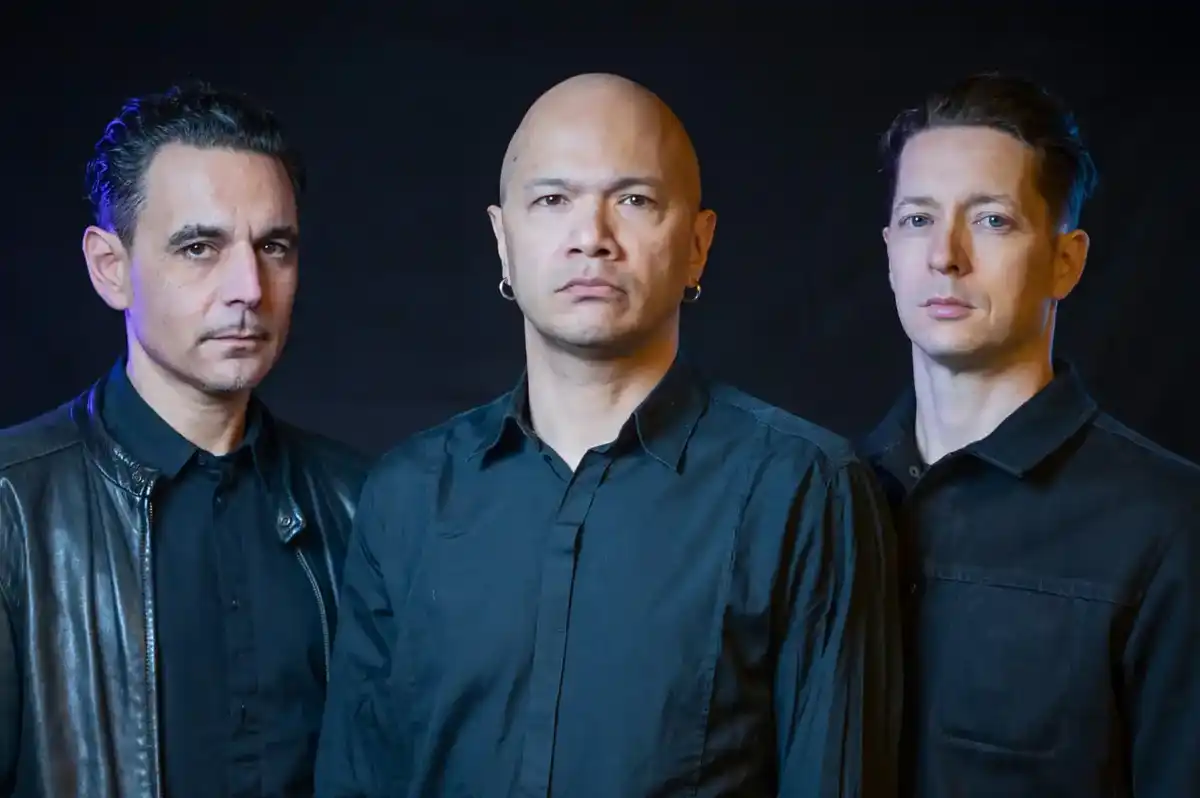Music Chain Owner Doug Putman Answers Our Questions
Doug Putman has found a successful niche in the digital world selling CDs, LPs and videos to a customer base that enjoys having so-called hard copies of favourite titles that come with librettos an

By David Farrell
Doug Putman has found a successful niche in the digital world selling CDs, LPs and videos to a customer base that enjoys having so-called hard copies of favourite titles that come with librettos and liner notes. In a digital world, the share of audience wanting to have physical libraries is waning, but there is a market, and these are his customers, and he’s surviving even as many of them have the option to point and click and make the purchase from Amazon.
In Canada, this year, physical copies of CDs and LPs will total between 5M and 6M, generating about $30M in wholesale dollars that will compensate record companies, recording artists, composers, producers and session musicians. The number is small, but it’s a fact that YTD sales figure for the lowly cassette totals almost 6,000 copies. Payments on these may be low but, as a percentage, they pay out more to recording acts than they earn from the equivalent number in streaming income by a country mile.
In this second of a 2-part interview from his Canadian office in Ancaster, ON, Putman explains how he’s turning a sow’s ear into a silk purse, so to speak, in selling CDs, LPs and movies to customers that in large numbers continue to walk into his almost 200 stores spread across the UK and Canada. Part 1 can be viewed here.
Q: How do you survive in a world where the prevailing thought is that everyone is streaming music?
DP: You're never going to convince those people otherwise.
Right?
They've gone, and I guess what you hope is that over time they come back to see the value of going in and shopping for an LP or CD. There's no doubt lots of people are streaming, and lots of people downloading–but more and more when I'm in our stores and talking to people, I hear the same thing, which is ‘yeah, I've got a streaming account, but you know, I like to actually own something too. Maybe it doesn't fully make sense, but I really enjoy it.’ I think the big thing is that there's an enjoyment one gets out of buying a CD or an LP in a store and having the physical copy that you cannot get from clicking a button to download or stream it. You just can't get the same enjoyment.
People are just experiencing and finding different music when they come in. As much as you think streaming would be the way that you would experience and discover new music, I hear more and more from people say that they find it limits them, which is a really strange thing. And I don't have a full answer as to why that is, but when I asked them about their exploration of music now versus 15 years ago, it seems like it's a lot less than what it was. So they're enjoying the experience of going into a store to talk about music and find out what others like and are you listening to, which to me is truly interesting.
I would have thought, if I'm being honest, that they would have found a lot of stuff through streaming. But they just don't, they seem to stick with what they know. That’s interesting to me.
How do you position yourself against state Amazon?
DP: Well, one has to be everything Amazon can't be. We focus on that. We're not going to offer the customer every CD, every LP. That's a tough one to compete against. But we don’t have robots and analytics in-store deciding if you like this, you like that. And you know, it's funny because I do talk a lot to customers who laugh at what they are being told they might like. One customer who is an Eric Clapton fan told me (the online analysis told him) he also likes Justin Bieber.
We understand we can’t outdo Amazon so, instead, what we have to be is a store that offers a cool vibe, a good experience that people want to be in. That's the one part because Amazon can't do that. And then it's about curating. It's about saying a million songs came out last month and of the million, here's what we think is relevant and worth your time to listen to and enjoy. So that's number two of what we have to be. And the third is we need to be a social place. We need to be that place where people want to interact, and they want to talk about their passion. So, to be better, we have really knowledgeable staff, people who love the business.
The Sunrise chain stores are rather corporate looking, do you agree?
DP: Well, the challenge now for us is how do you ‘vinyl-fi’ the whole store, how do you make it, whether it's film, whether it's a tee-shirt, and make the environment a little bit cooler, less clinical, less corporate. And you know, the truth is we probably haven't done the best job at that. We're still trying to find our way in that. And we're starting to do tests of different store layouts to see what works, does the customer respond and like a different layout, a more curated section?
So now through Christmas and into the new year, you will see a lot more of those tests happening over both sides of the Atlantic. Yup. Both sides.

















